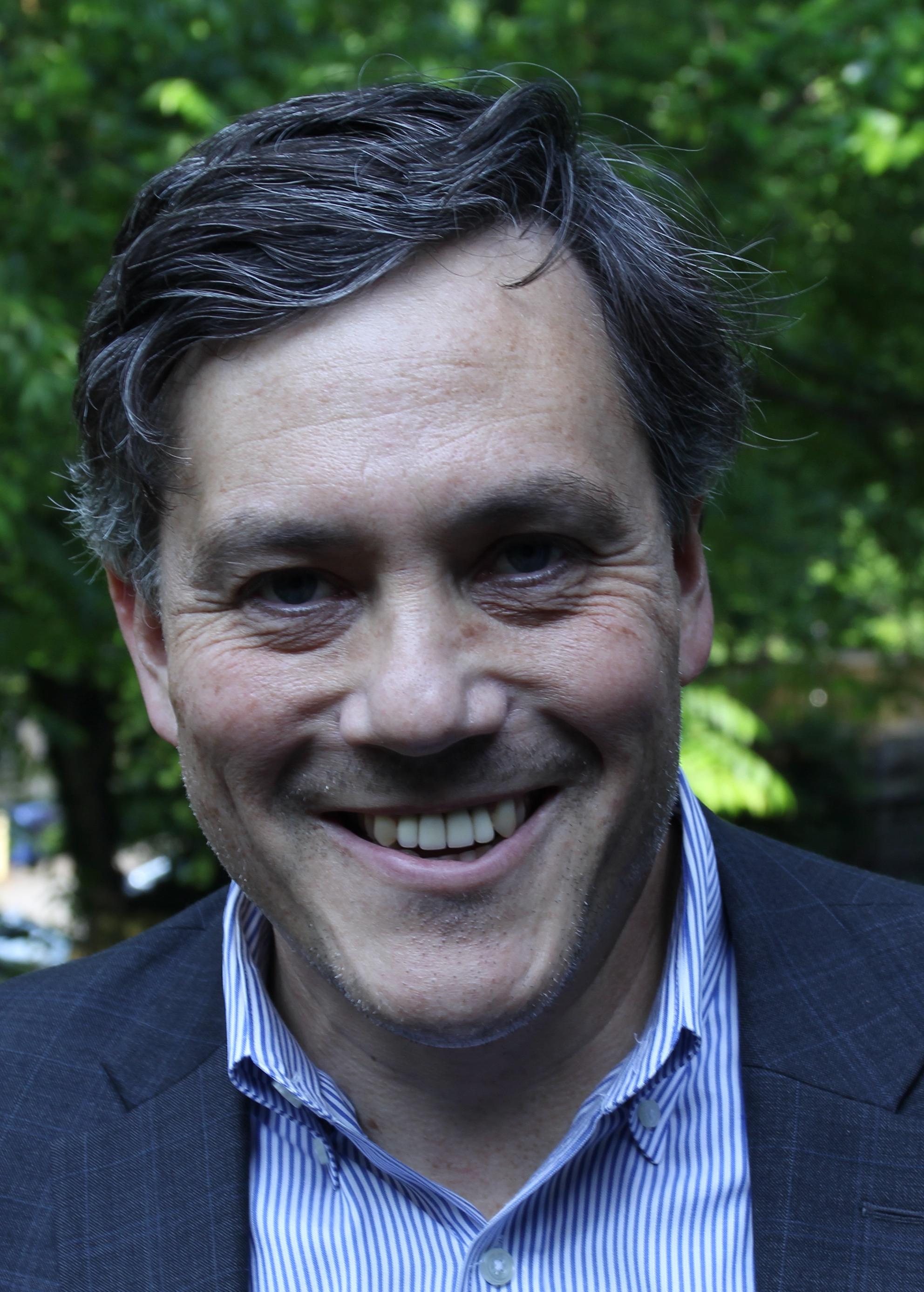Experts
Peter Harrell

Nonresident Scholar, American Statecraft Program
About
Peter E. Harrell is a nonresident fellow at the Carnegie Endowment for International Peace. He also serves as an attorney advising companies and investors on international legal, regulatory, and geopolitical risks. As a member of Carnegie’s American Statecraft program, Harrell’s research focuses on issues of U.S. domestic economic competitiveness, trade policy, and the use of economic tools in U.S. foreign policy.
From January 2021 through 2022, Harrell served at the U.S. White House as senior director for international economics, jointly appointed to the National Security Council and the National Economic Council. In that role, Harrell co-led President Biden’s E.O. 14017 supply chain resilience agenda; worked on the global digital, 5G, and telecommunications strategies; spearheaded negotiations with the European Union on the U.S.-E.U. Data Privacy Framework; served as the White House representative to the CFIUS committee; and worked on U.S. sanctions and export controls towards Russia is response to Russia’s invasion of Ukraine. Immediately prior to joining the White House, Harrell served on the Biden-Harris Transition team from September 2020 to January 2021.
From 2015 to early 2021 Harrell was an attorney in private practice and served as Adjunct Senior Fellow at the Center for a New American Security. In those roles he advised U.S. and multinational companies on sanctions compliance and a range of geopolitical risks, and also published widely on public policy. His articles and op-eds appeared in publications including the Wall Street Journal, Foreign Affairs, Foreign Policy, Politico, and Lawfare, among other outlets. Harrell has testified in front of multiple congressional committees, including, most recently, the House Financial Services Committee in February 2023.
From 2012 to 2014, Harrell served as the deputy assistant secretary for counter threat finance and sanctions in the State Department’s Bureau of Economic and Business Affairs. From 2009 to 2012 he served on the State Department’s Policy Planning Staff, where he was instrumental in developing Secretary of State Hillary Clinton’s economic statecraft agenda.
Earlier in his career, Harrell served on President Barack Obama’s 2008 campaign and as a reporter for Congressional Quarterly in Washington, DC.
Harrell is a magna cum laude graduate of Princeton University and holds a JD from the Yale Law School.
Affiliations
Areas of Expertise
Education
Princeton University (A.B., 2002); Yale Law School (J.D., 2008)